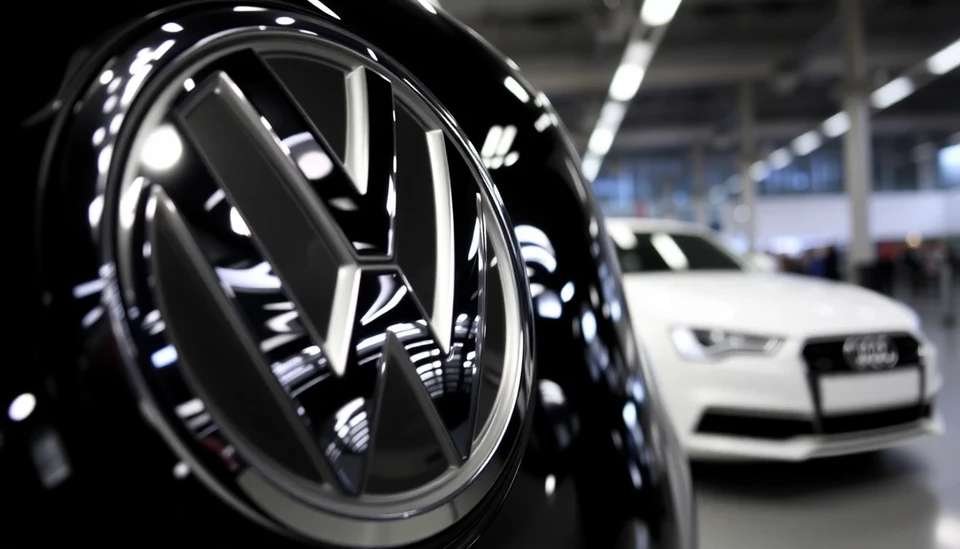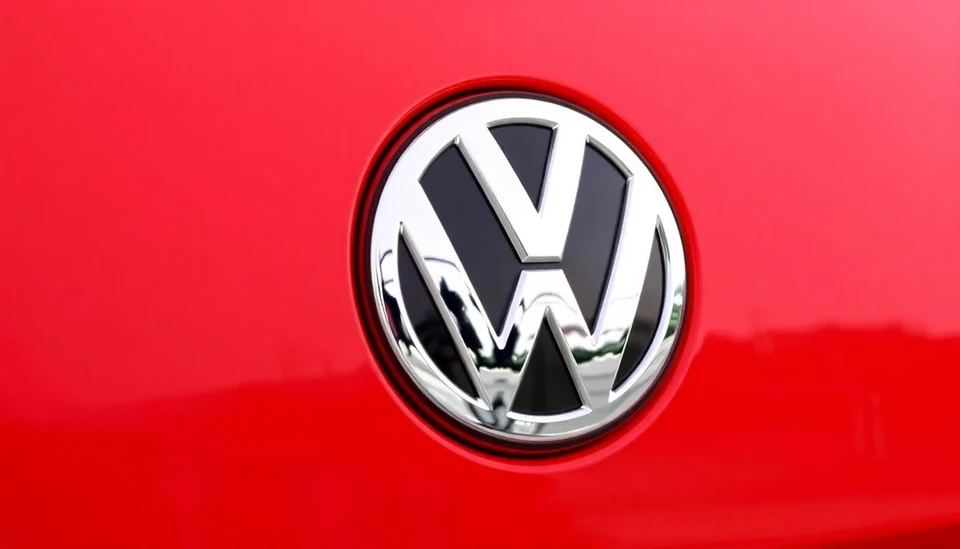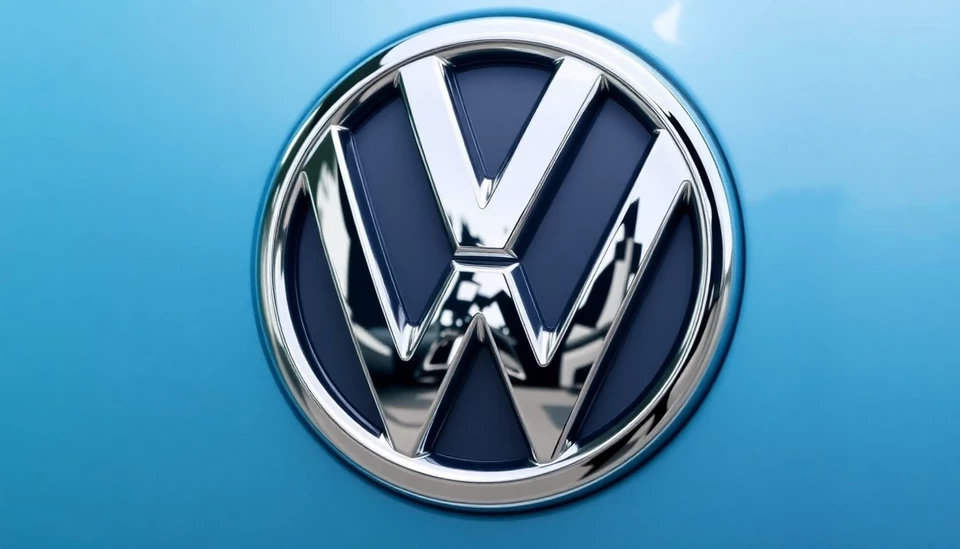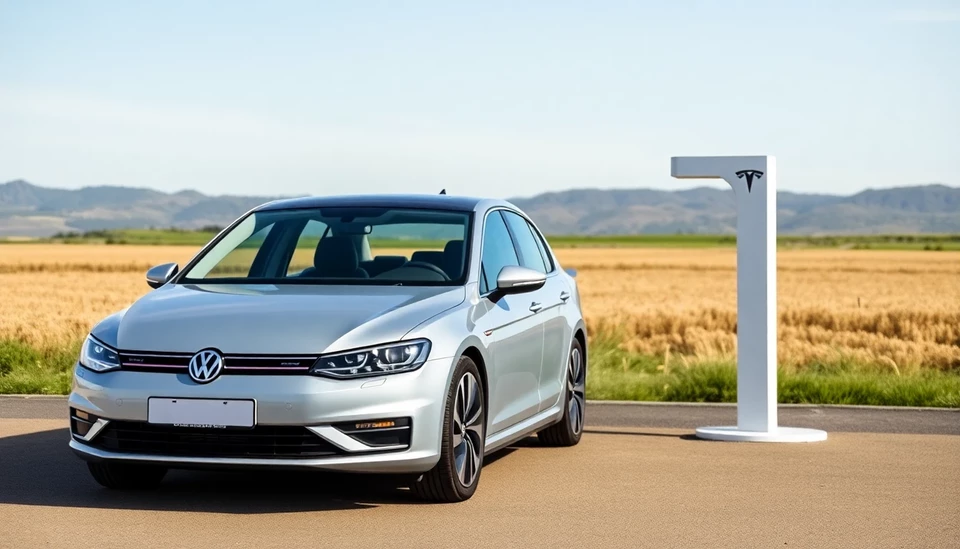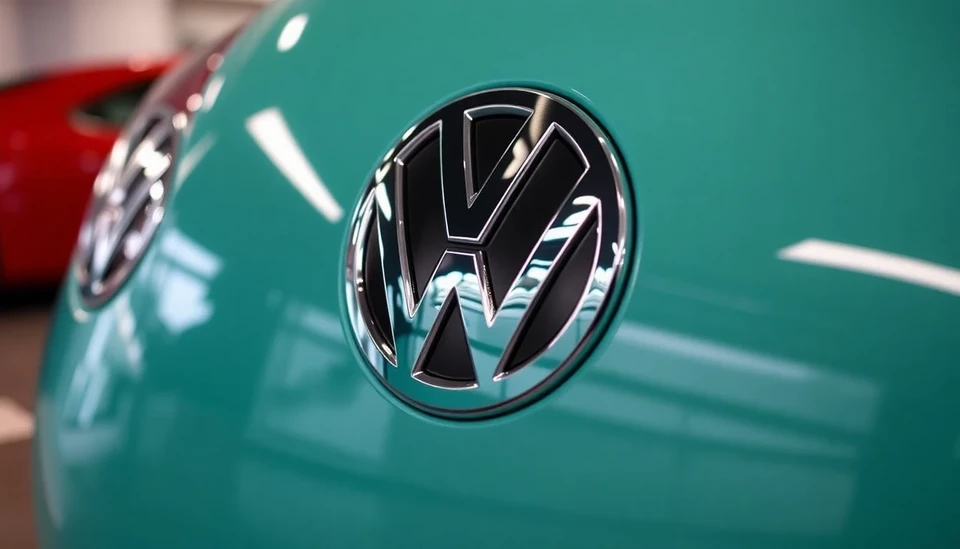
Volkswagen is confronting a substantial challenge in the form of ongoing disputes with its labor unions, which are poised to continue their strain into 2024. The discord arises as the automotive giant grapples with significant transformations in its operational strategies, primarily driven by the transition towards electric vehicles (EVs) and new production models.
The conflict has intensified in recent weeks, with unions expressing heightened frustration over management's decisions regarding job security and wage negotiations. As Volkswagen positions itself to increase EV production, it is simultaneously restructuring its workforce, a move that has raised concerns among employees regarding the future of their roles within the company.
The latest disagreements highlight a fundamental clash between the company's ambitions to innovate and the labor force's demand for stability and fair compensation. “We are at a pivotal moment in automotive history, and our workforce is understandably anxious about what lies ahead,” stated a union representative. This statement reflects widespread sentiments among workers who fear they could be left behind amid the automaker’s significant shifts in production philosophy.
Adding to the tension, labor leaders are advocating for higher wages that align with the increased living costs that have affected the workforce. With inflationary pressures being felt globally, the call for better compensation has gained momentum, fueling the potential for strikes or other forms of protest in the coming months. The unions have warned that if a resolution is not reached soon, they may resort to more aggressive tactics as the new year approaches.
On the company's side, Volkswagen is striving to balance its financial targets while addressing the workforce's needs. Executives have indicated that they are committed to finding solutions that will allow for continued growth without sacrificing employee welfare. Nevertheless, the balancing act presents a formidable challenge, as many stakeholders are eager to see the automaker remain competitive in an increasingly crowded EV market.
Experts in labor relations suggest that Volkswagen must prioritize dialogue and transparent communication with its unions to stave off a crisis. “It’s crucial for management to actively engage with labor representatives to foster an environment of trust and collaboration,” commented a labor relations analyst. This perspective underscores the importance of cooperation during a transformative period for the company.
As 2024 looms on the horizon, the stakes remain high for Volkswagen. The outcome of these labor relations will not only impact the company’s immediate operational capabilities but also its long-term market position as the global demand for electric vehicles continues to rise. Stakeholders will be closely monitoring the situation, as the resolution—or lack thereof—could set significant precedents within the automotive industry.
In conclusion, while Volkswagen is navigating a critical juncture, its relationship with labor will be a decisive factor in shaping its future. The evolving landscape of the automotive sector demands a delicate equilibrium between innovation and the workforce, setting the stage for potentially pivotal developments in the months ahead.
#Volkswagen #LaborRelations #ElectricVehicles #EVProduction #WorkforceChallenges
Author: Samuel Brooks
